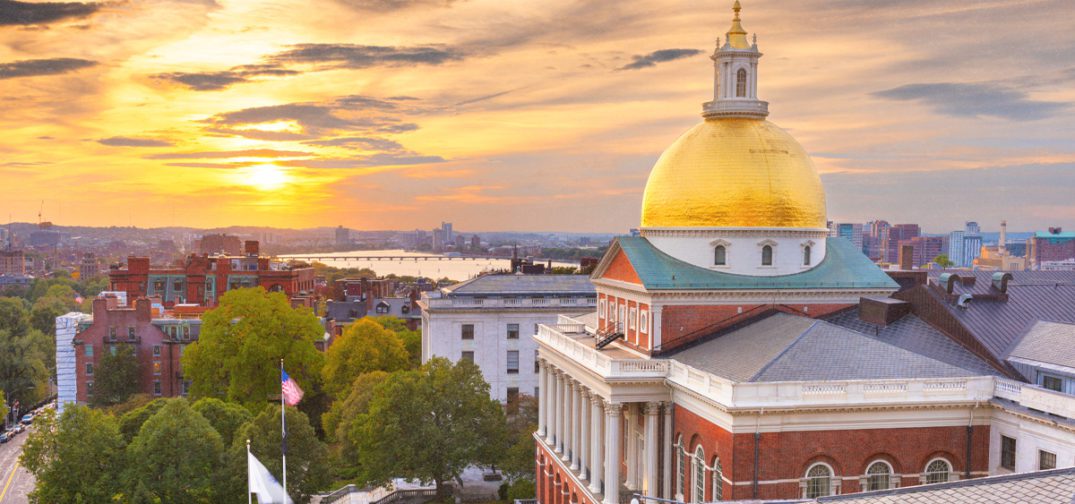Massachusetts lawmakers today passed a bill package that includes a crackdown on local fees charged to cannabis businesses, shifting 15% of cannabis excise taxes to social equity applicants and businesses, re-tooling the expungement process for old cannabis convictions, and greenlighting a pilot program for cannabis cafés, the Boston Globe reports. The bill moves next to Gov. Charlie Baker (R), who has indicated he is receptive to the bill’s provisions.
State Sen. Sonia Chang-Díaz (D), a co-sponsor of the cannabis measure, said the measure “will rebalance the playing field” in the state’s cannabis industry.
“…Where so far wealthy corporations have been able buy their way through the licensing process and too many local, small business owners and Black and brown entrepreneurs have been locked out.” — Chang-Díaz, in a statement, via the Globe
Shanel Lindsay, a cannabis attorney and co-founder of the advocacy group Equitable Opportunities Now, described the bill as historic.
“Legislators tonight made history with this vital — and overdue — grant and loan fund,” she told the Globe. “This bill is an important step forward in undoing the harms of prohibition and over-policing and will provide an important path for families of color to create jobs in their community and generate generational wealth.”
The bill’s crackdown on so-called local “impact” fees comes more than a year after the conviction of former Fall River Mayor Jasiel Correia, who was found guilty of extorting cannabis businesses and defrauding investors of more than $200,000. Correia extorted cannabis companies in exchange for non-opposition letters which are required under state law and often require an “impact” fee paid by the company seeking to open a business.
A study by Northeastern University study published by the Massachusetts Cannabis Business Association in June found Massachusetts municipalities collected more than $53 million in “impact” fees from cannabis companies since the launch of adult-use sales in 2018.
Of the 88 municipalities that said they had collected fees as part of their local agreements with cannabis companies, just 47 reported the amount in response to a public records request by the researchers, which suggests the $53.3 million total is less than the actual amount collected.
Fall River collected the most in fees from cannabis operators, $5.34 million, but did not tell researchers how that money was spent.
In an interview last month on WGBH, Baker called the measure “important” and said he hoped it would make it to his desk.
Get daily cannabis business news updates. Subscribe
End
